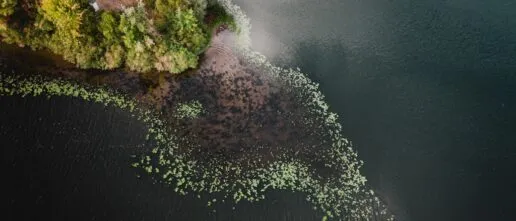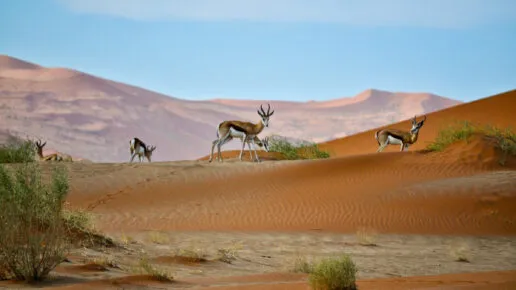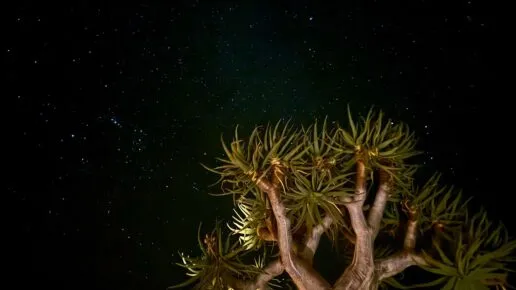Together with local farmers and communities Natural State and ORKCA plan to connect and restore an area larger than Yellowstone National Park.
They have five ambitious goals for this project:
1) to ecologically restore this fragile semi-arid ecosystem;
2) ensure a four-fold increase in the number of native grazers and predators;
3) restore wildlife migration patterns;
4) secure 15 million tonnes of carbon dioxide equivalent and;
5) triple employment in the region through increased capacity of the eco-tourism sector.
With these goals achieved, this could be one of the largest rewilding projects in the world.
As part of an ongoing collaboration between Natural State and the Leverhulme Centre for Nature Recovery, Natural State’s Lucy Smyth and LCNR Programme Director Yadvinder Malhi and Nikki Stevens embarked on a fieldtrip to visit the site. Nikki and Yadvinder were able to share their insights and ideas on monitoring biodiversity in arid and ephemeral regions and together they brainstormed how novel nature-based financial mechanisms can help to channel money into conservation.
Following this fieldtrip, Natural State has successfully completed its pilot survey, marking a key milestone in defining the structure of the rewilding credit. By increasing landscape connectivity, it aims to help wildlife move more freely between pockets of resources, fostering stability in a harsh but beautiful environment. Moving forward, Natural State will refine monitoring approaches to measure the credit’s impact, ensuring its effectiveness in preserving this vital ecosystem.
This collaboration is more than just a conservation project—it’s a pioneering approach to align financial incentives with ecosystem restoration. And with dedicated researchers and conservationists at the helm, the ORKCA landscape is poised for a sustainable future.
Related Research Themes

Finance
Scaling finance and investment for rapid nature recovery at a global scale.

Ecology
Testing the effectiveness of different ecological approaches for nature recovery to support biodiversity and the delivery of ecosystem services such as climate change mitigation and adaptation.


